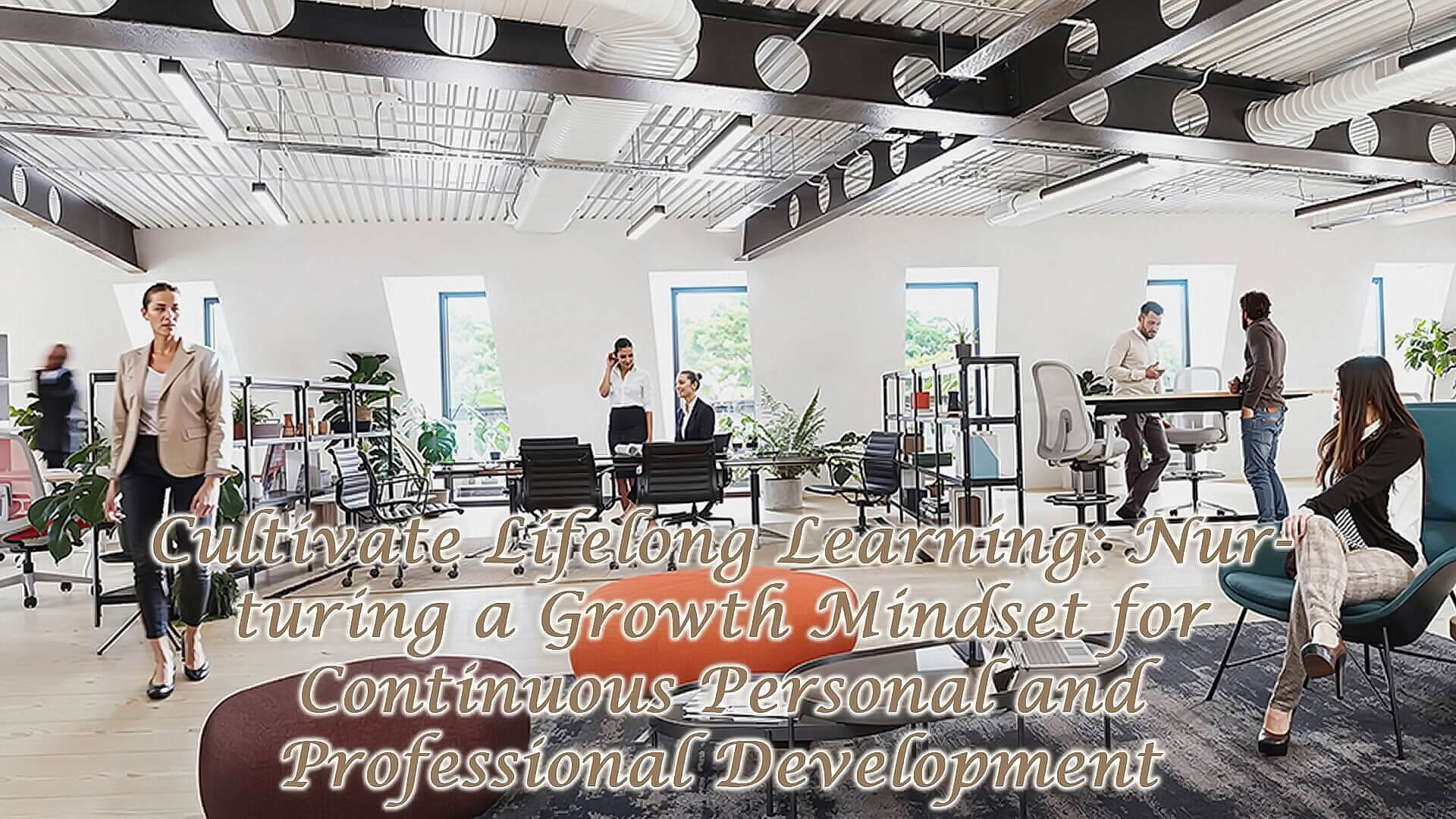In a rapidly evolving world where change is the only constant, the ability to adapt and grow becomes paramount. The concept of lifelong learning has emerged as a cornerstone for personal and professional development, offering individuals the tools to thrive in an ever-shifting landscape. To truly navigate the complexities of today’s world, it is essential to actively cultivate lifelong learning.
The Essence of Lifelong Learning
Lifelong learning goes beyond traditional educational settings and formal degrees. It is a mindset—an attitude towards acquiring new knowledge, skills, and experiences throughout one’s entire life. The commitment to lifelong learning empowers individuals to stay relevant, curious, and adaptable in the face of challenges and opportunities.
Benefits of Cultivating Lifelong Learning
- Adaptability: In a dynamic world, adaptability is a key factor for success. Lifelong learners are better equipped to navigate change, as they view challenges as opportunities for growth rather than obstacles.
- Career Advancement: The job market is evolving rapidly, with new skills and technologies emerging. Lifelong learners are more likely to advance in their careers, as they proactively acquire and update their skills to meet the demands of their industries.
- Personal Fulfillment: Learning is a deeply enriching and fulfilling experience. Cultivating a commitment to lifelong learning can bring a sense of purpose and satisfaction as individuals explore new interests, hobbies, and intellectual pursuits.
Strategies for Cultivating Lifelong Learning
- Set Realistic Goals: Define clear and achievable learning goals. Whether it’s acquiring a new language, mastering a skill, or delving into a new field, having specific objectives will keep you focused and motivated.
- Embrace Curiosity: Cultivate a curious mindset by asking questions, seeking answers, and exploring diverse perspectives. Curiosity is the driving force behind lifelong learning, propelling individuals to discover and understand the world around them.
- Utilize Technology: Leverage the vast array of digital resources available for learning. Online courses, webinars, podcasts, and interactive platforms provide accessible and flexible opportunities for acquiring knowledge and skills.
- Network and Collaborate: Engage with a community of learners. Joining clubs, discussion groups, or online forums allows you to share insights, learn from others, and build a network of like-minded individuals.
- Reflect and Iterate: Regularly reflect on your learning journey. Assess your progress, celebrate achievements, and identify areas for improvement. Lifelong learning is an iterative process that requires continuous self-reflection.
The Profound Impact of a Growth Mindset
At the core of cultivating lifelong learning is the adoption of a growth mindset. Coined by psychologist Carol S. Dweck, a growth mindset is the belief that abilities and intelligence can be developed through dedication and hard work. This mindset contrasts with a fixed mindset, where individuals believe their abilities are innate and unchangeable.

Overcoming Challenges with a Growth Mindset
- Embracing Failure: Lifelong learners with a growth mindset see failure as a stepping stone to success. Instead of being discouraged, they view setbacks as opportunities to learn, adapt, and improve.
- Emphasizing Effort and Persistence: A growth mindset encourages individuals to value effort over innate talent. When faced with challenges, those with a growth mindset are more likely to persevere, knowing that sustained effort leads to mastery.
- Seeking Feedback: Lifelong learners actively seek feedback to enhance their skills. Constructive criticism is viewed as valuable input for improvement rather than a personal attack.
And so: A Lifelong Journey of Growth
And so, the decision to cultivate lifelong learning is a commitment to a journey of continuous growth and development. By embracing a growth mindset and adopting strategic approaches to learning, individuals can navigate the complexities of the modern world with resilience and enthusiasm. The benefits extend beyond personal fulfillment to encompass career advancement, adaptability, and a deeper understanding of the ever-changing landscape of knowledge.
In a world where the only constant is change, cultivating lifelong learning becomes not just a choice but a necessity. The proactive pursuit of knowledge and skills positions individuals to not only survive but thrive in the face of evolving challenges. So, embark on the journey of lifelong learning, and let the pursuit of knowledge be the guiding force toward a more enriched and fulfilling life.



